Abscess tonsillectomy

specialists

equipment

treatment
Indications for removal of peritonsillar abscess

Removal of a peritonsillar abscess (tonsillectomy) is performed when conservative treatment methods do not lead to improvement.
In particular, abscess tonsillectomy is prescribed if the inflammation has spread to neighboring organs and tissues. The intervention is also performed in case of frequent relapses of tonsillitis.
Emergency abscess tonsillectomy is performed when there is a risk of infection spreading. In particular, urgent surgical intervention is necessary when the abscess threatens normal breathing. In particular, a peritonsillar ulcer located close to the respiratory tract is dangerous due to the rapid spread of the purulent-infectious process into the deep parts of the neck, where vital structures are located (trachea, carotid artery, jugular vein and vagus nerve).
The most dangerous complication after removal of a peritonsillar abscess is considered to be the blockage of the respiratory tract: this leads to suffocation and loss of consciousness. In rare cases, after removal of the abscess, the infection spreads to the chest: this leads to the development of mediastinitis. Even more rarely, after surgery for an abscess, inflammatory damage to large blood vessels of the neck is observed - against this background, severe bleeding occurs.
Symptoms of peritonsillar abscess
Unlike many other infectious diseases of the throat, a peritonsillar abscess is not accompanied by symptoms of acute respiratory viral infections (cough and runny nose).
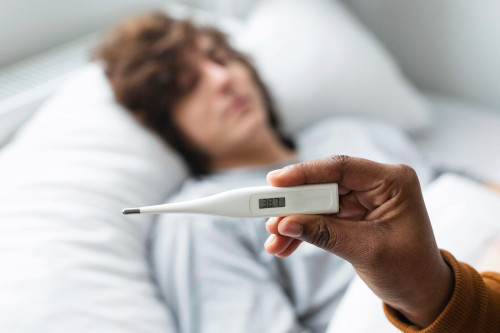
A peritonsillar abscess is characterized by a number of characteristic symptoms. These include:
- Tonal audiometry The ability to hear sounds of different frequencies and volumes is measured
- Speech audiometry The doctor checks how the patient perceives and repeats words at different volumes
- Tympanometry The work of the eardrum is studied, the presence of fluid in the middle ear is determined
General information about the procedure
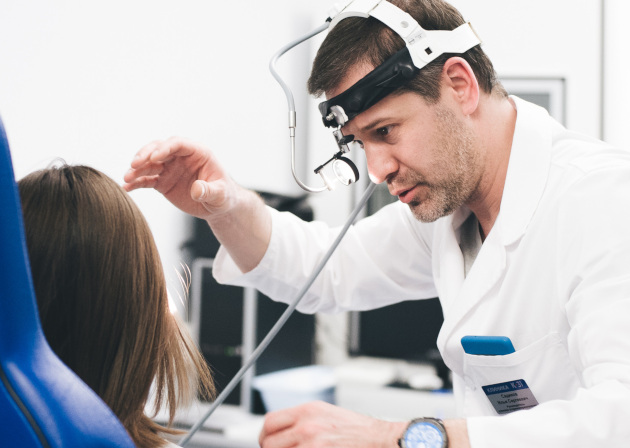
How is an appointment with an otolaryngologist at K+31?
Our doctors

This award is given to clinics with the highest ratings according to user ratings, a large number of requests from this site, and in the absence of critical violations.

This award is given to clinics with the highest ratings according to user ratings. It means that the place is known, loved, and definitely worth visiting.

The ProDoctors portal collected 500 thousand reviews, compiled a rating of doctors based on them and awarded the best. We are proud that our doctors are among those awarded.
Make an appointment at a convenient time on the nearest date
Price








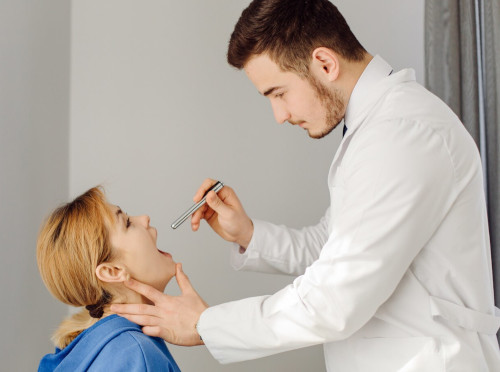

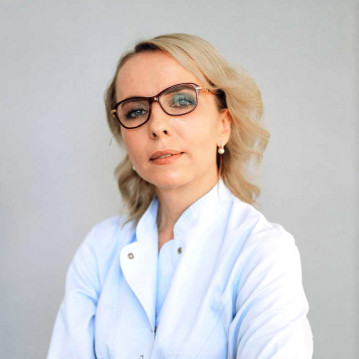
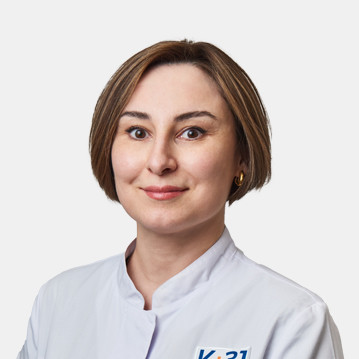




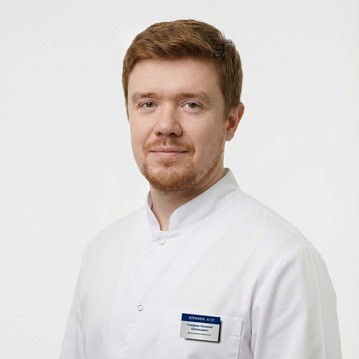
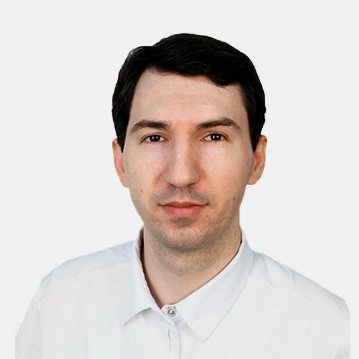

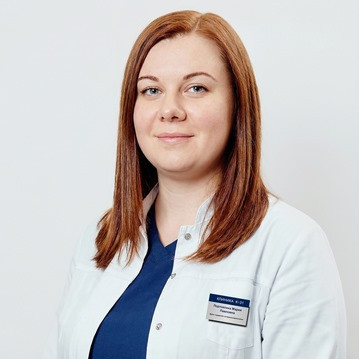
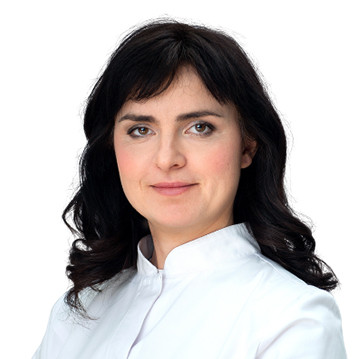

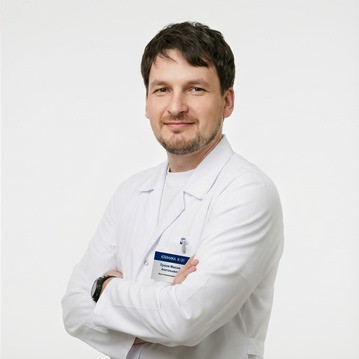
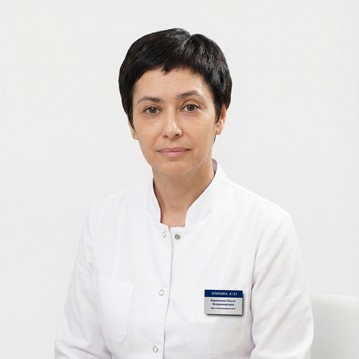

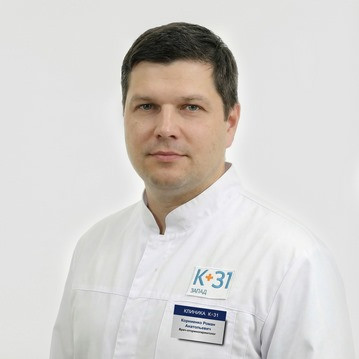
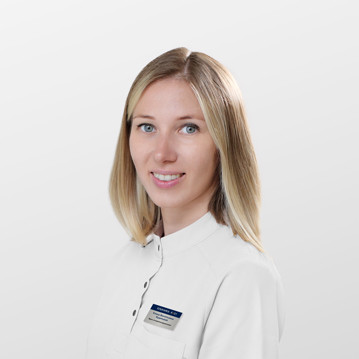
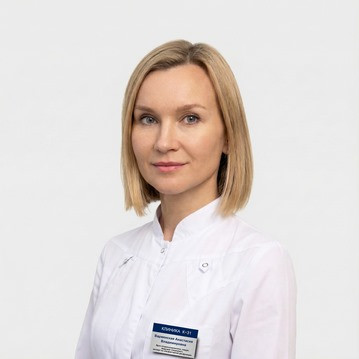
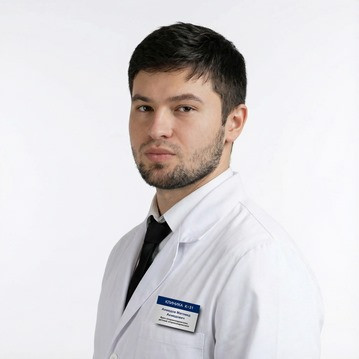


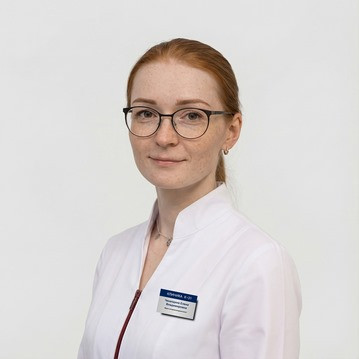
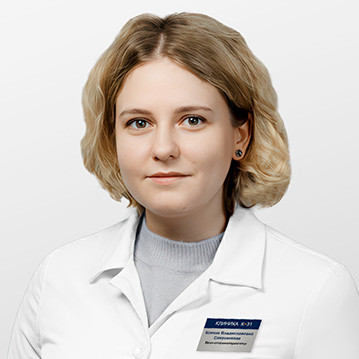
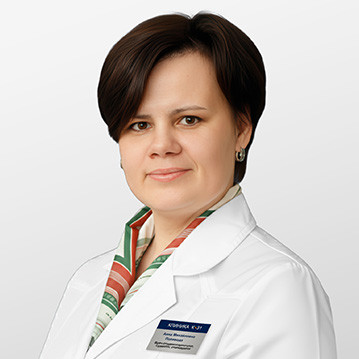
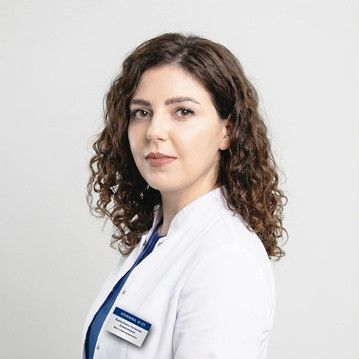
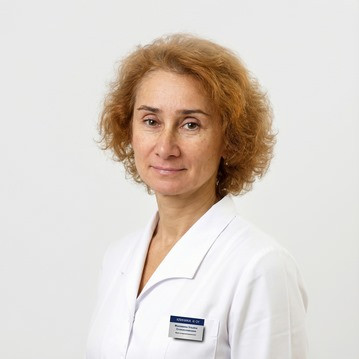
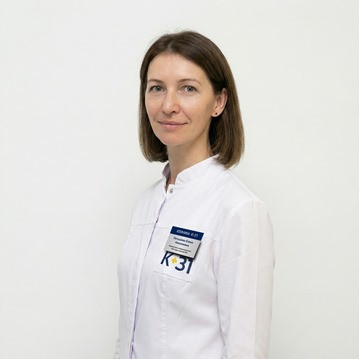








What is a peritonsillar abscess? What are its causes?
Paratonsillar abscess is characterized by inflammation and severe swelling. Without appropriate treatment, the pathology progresses to a peritonsillar abscess. This is an acute inflammation that leads to the formation of a purulent cavity in the tissues surrounding the tonsils.
This disease develops when an infection that began in the tonsils spreads to the surrounding tissues. Most often, a peritonsillar abscess forms after acute or chronic tonsillitis (sore throat).
The main reason for the formation of a peritonsillar abscess is the penetration and active reproduction of pathogenic microorganisms in the tissue that surrounds the tonsils. The most common causative agents of peritonsillar infection are streptococci (Streptococcus pyogenes) and staphylococci (Staphylococcus aureus).
Sometimes a peritonsillar abscess develops against the background of dental problems (caries, gingivitis). This is due to the fact that the infection from the oral cavity moves to the deep tissues of the pharynx. Often, the formation of an abscess is facilitated by injuries to the mucous membrane of the mouth or pharynx.